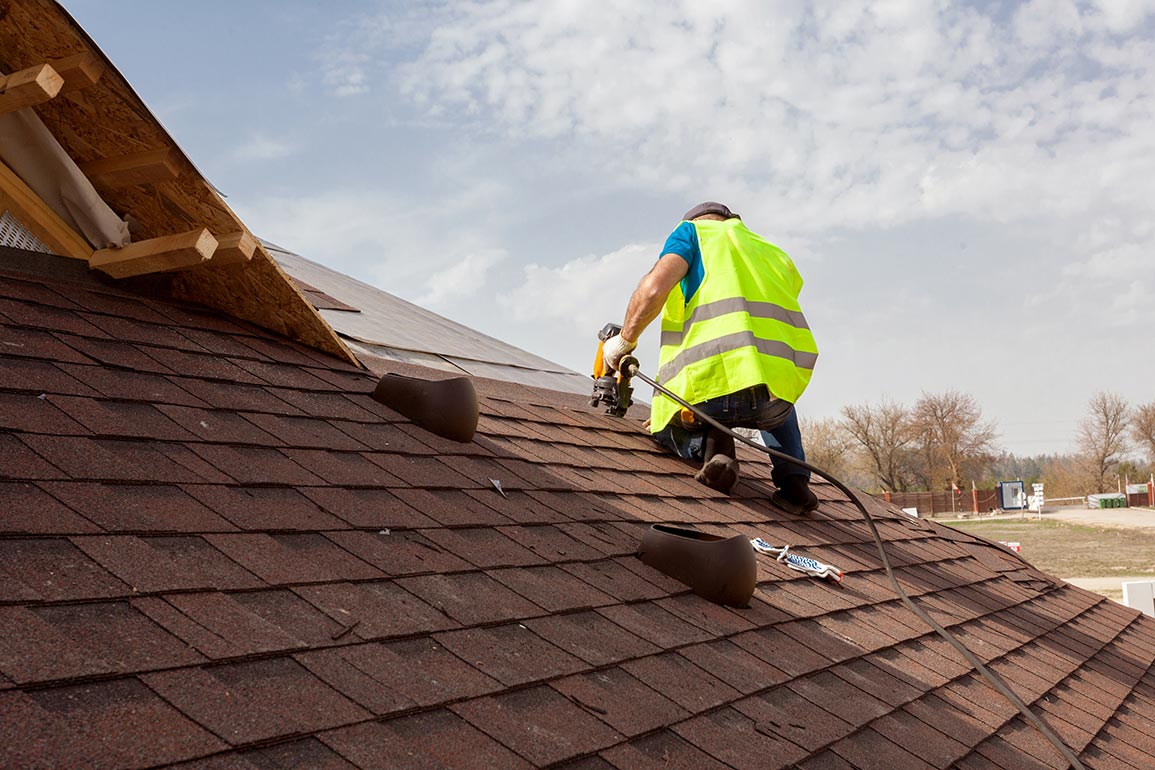There Are Rules and Standards to Follow for New Roof Installation

In the UK, home improvement projects, especially those as significant as installing a new roof, often come with a set of regulations and approvals. The question of whether you need to be council approved to get a new roof is not straightforward, as it depends on various factors including the scope of your project, your local council's regulations, and whether your property is listed or located in a conservation area. This blog aims to provide a comprehensive overview of the requirements for getting a new roof in the UK, guiding homeowners through the process of ensuring their project is compliant with local laws and regulations.
Understanding Planning Permission and Building Regulations
Firstly, it's essential to differentiate between planning permission and building regulations, as they serve different purposes. Planning permission concerns the aesthetic impact and use of buildings, ensuring they fit with the local environment and planning policies. In contrast, building regulations are concerned with the technical aspects of construction, focusing on safety, energy efficiency, and design.
Do You Need Planning Permission for a New Roof?
For the majority of new roof installations or repairs, planning permission is not required, thanks to permitted development rights that allow homeowners to undertake certain works without the need to apply for planning permission. However, there are exceptions to this rule. If your property is listed or located in a designated area such as a conservation area, an area of outstanding natural beauty, or a national park, you will likely need to apply for planning permission before proceeding with a new roof. This is because such areas have stricter controls to preserve their historical and aesthetic significance.
Moreover, if the work involves altering the height or shape of the roof beyond certain limits, planning permission may be required. For example, adding a dormer window or converting the loft space into a habitable room usually needs planning permission as it changes the external appearance of the house.
Building Regulations for New Roofs
While planning permission may not always be necessary, compliance with building regulations is a must for new roofs. These regulations ensure that the construction work meets safety and performance standards, covering aspects such as structural integrity, fire safety, insulation, and ventilation. Even if the project is minor, such as replacing more than 25% of the roof surface, it still needs to comply with building regulations.
Before starting your roofing project, you should notify your local council's building control department, who will inspect the work at various stages and issue a completion certificate upon final inspection. This certificate is crucial, especially when selling your property, as it proves the work was carried out to standard.
Working with Council-Approved Contractors
While homeowners are responsible for ensuring their roofing project complies with planning permission and building regulations, hiring a council-approved contractor can simplify the process. These contractors are often familiar with the local regulations and can handle the necessary paperwork and approvals on your behalf. Moreover, using a council-approved contractor ensures that the work is carried out to a high standard, reducing the risk of non-compliance.
The Importance of Compliance
Failure to comply with planning permission and building regulations can result in significant penalties, including being ordered to undo the work at your own expense. Therefore, it's crucial to ensure all necessary approvals are in place before beginning your roofing project. Compliance not only ensures the safety and durability of your new roof but also protects your investment in your property.
Conclusion
In summary, while you may not always need council approval in the form of planning permission for a new roof in the UK, adherence to building regulations is mandatory. Homeowners should check with their local council to understand the specific requirements for their project, especially if their property is listed or located in a designated area. Hiring council-approved contractors and ensuring compliance with all regulations can help make the process smoother, safeguarding your property and peace of mind.


